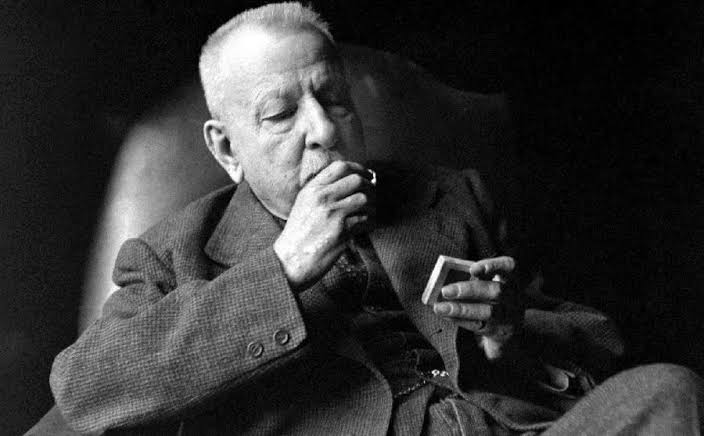Neo-Hegelian philosopher Benedetto Croce (1866-1952) is often regarded as the most influential Italian liberal of the twentieth century, and with good reason. Author of ‘The Manifesto of the Anti-Fascist Intellectuals’, a ‘moral’ opponent of Giovanni Gentile and fascism, senator from the Italian Liberal Party, member of the post-war Constituent Assembly that finally abolished the Savoy Monarchy and an influential theorist of Hegelian liberalism — this short list of Croce’s accomplishments speaks for itself.
At the same time, Croce’s liberalism is multidimensional and differs significantly from the vulgarly understood ‘principles of 1789’ — and in our time, perhaps even more vulgarly understood than during the intellectual activity of the Italian philosopher. What is particularly interesting is that Croce radically rejects egalitarianism, one of the key components of the entire line of political thought emanating from the French Enlightenment and Revolution.
True to the liberal ideal, the philosopher argued that ‘the egalitarian theory is absurd in every aspect… The state arises in such a hypothesis as a deus ex machina. Falling from the sky, it suddenly finds people divided, and, therefore, some unlike others and living separately from others, which, among other things, annuls the hypothesis and theory itself… Of course, at the level of political science, its falsehood is total: any common sense, cut out as a criterion, cries out, being squeezed by insurmountable obstacles, which leads to the sad end of the theory. Freedom and fraternity, stemming from the idea of equality, become so empty that they are open in their emptiness to any arbitrariness, quarrel, and defamation. That is why noble words about historical and political significance meet the hatred of partisans and simpletons, who are only accessible to a vulgar understanding of strength. Indeed, what can be more foolish than the freedom and brotherhood of cold, smooth, and completely identical billiard balls? The egalitarian theory, lacking logical support in political relations, feeds on mathematical and mechanical schemes, indifferent to everything alive, which actually confirms a century of great discoveries in mechanics.’
This vivid reasoning of Croce, completely elitist in nature, sets him apart from the cohort of monotonous and meagre liberal thinkers and political figures who accepted Rousseau’s fantasies at face value and still propagate ridiculous ideas about universal equality. Let us pay tribute to Benedetto Croce for his insight and for overcoming egalitarianism in an age when taking such a step, even intellectually, was extremely difficult.







